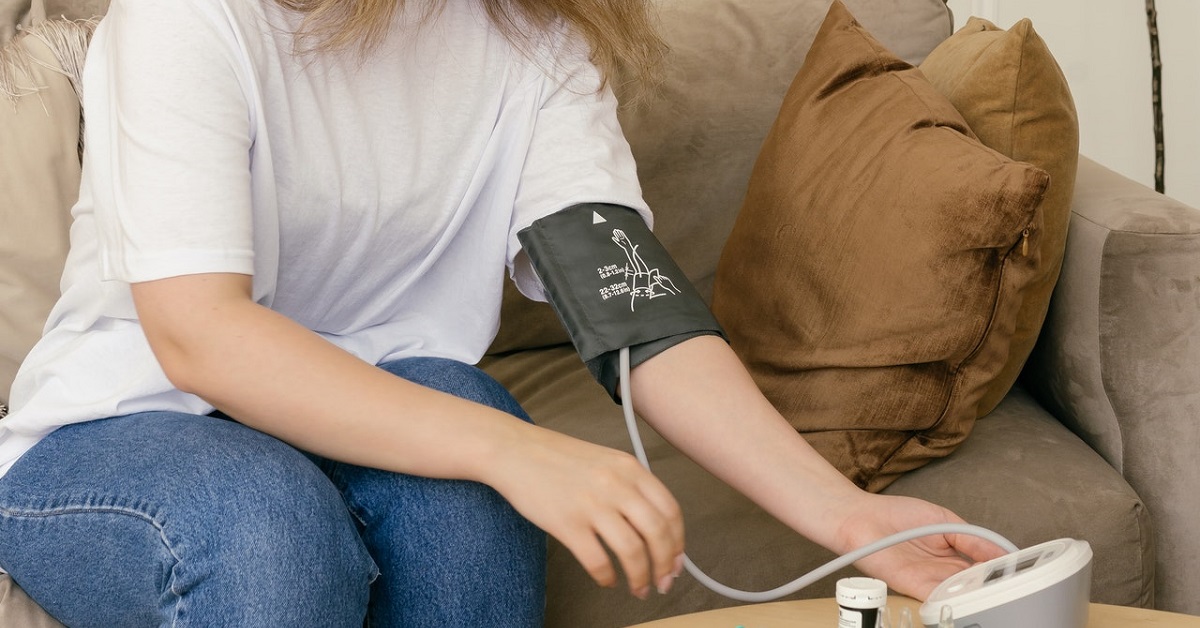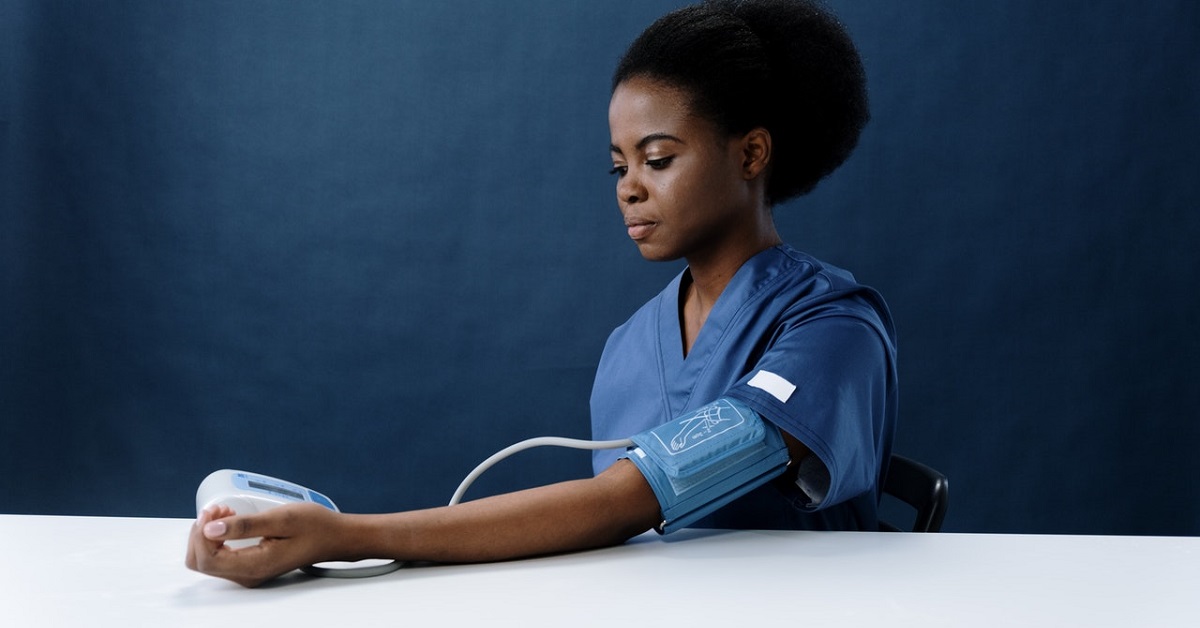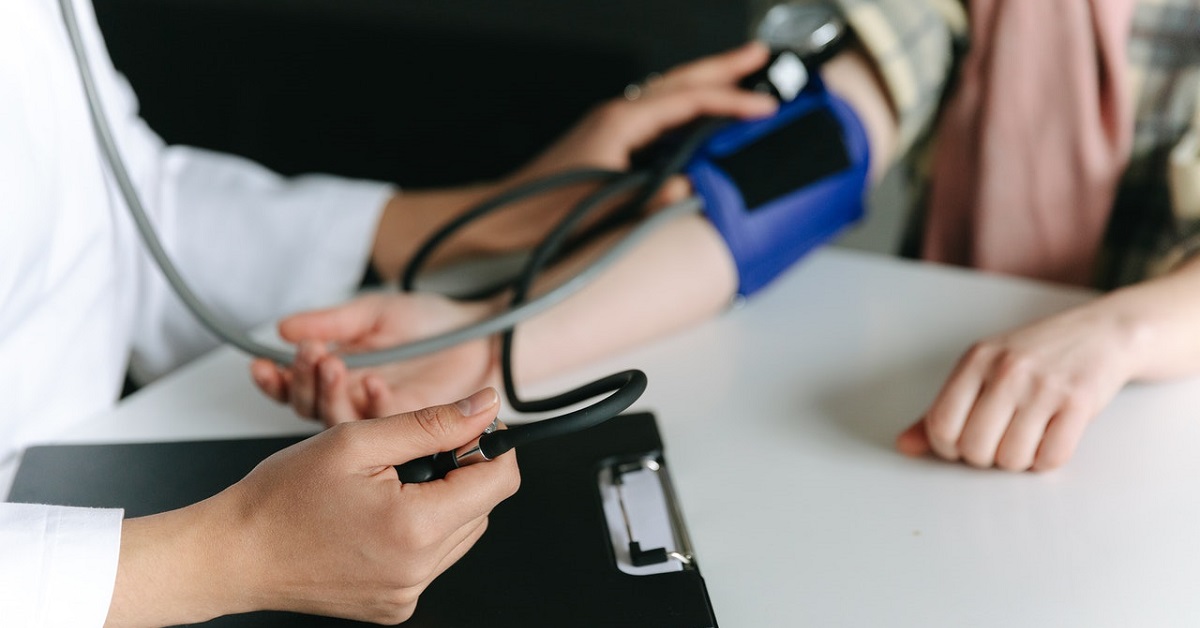
The purpose of a blood pressure test is to establish whether you have normal, low, or high blood pressure. The strength with which your blood pushes against the sides of your arteries as it flows throughout your body is referred to as blood pressure. Many people always ask, “how do I check my blood pressure in Birmingham?” Keep reading to find out how.
What are Hypotension and Hypertension?
Low blood pressure (hypotension) is rarely a cause for concern, however, it can cause dizziness and fainting in some people. Hypertension (High blood pressure), if left untreated, on the other hand, can increase your risk of serious illnesses including cardiovascular problems.
Healthy people over the age of 40 should have their blood pressure checked at least once every five years. If you have a greater risk of high blood pressure, it’s advisable that you get your blood pressure checked more frequently, at least once a year. This is a straightforward process that has the potential to save your life.
Find out how a pharmacist can help with your blood pressure in our previous blog post here:
What are the different types of blood pressure tests?
A physical examination will be performed by your pharmacist, and you will be asked about your medical history. A doctor, nurse, or other health professionals will take your blood pressure by wrapping an inflatable arm cuff around your arm and using a pressure-measuring gauge.
Blood pressure should be monitored in both arms to see if there is a difference. It’s vital to employ the right size arm cuff.

What are the tests to check my blood pressure in Birmingham?
If you have high blood pressure, your pharmacist may recommend some tests to verify the diagnosis and rule out any possible causes.
– Ambulatory monitoring test. This 24-hour blood pressure monitoring test will show if you have high blood pressure or not. The technology used in this test takes your blood pressure at regular intervals over the course of a 24-hour period, providing you with a more accurate representation of how your blood pressure fluctuates during the day and night.
– Lab tests. Your pharmacist or doctor may recommend a urine test (urinalysis) and blood tests, like a cholesterol test.
– An electrocardiogram (ECG or EKG). The electrical impulses of your heart are measured using this simple test.
– Depending on your symptoms and test findings, your doctor may order an echocardiogram to look for more signs of heart disease.
What are the five symptoms and indicators of high blood pressure?
The following are some symptoms that show you have high blood pressure that needs medical attention:
– Severe headaches
– Confusion or fatigue
– Visual difficulties
– Discomfort in the chest
– Breathing difficulties and a fast or irregular heartbeat
It’s never too early to start adopting healthier lifestyle choices, such as quitting smoking, consuming more nutritious meals, and getting more exercise. These are the most common ways to prevent high blood pressure and its complications, such as heart attacks and strokes.

How do I interpret the readings after I check my blood pressure in Birmingham?
Normal
Blood pressure levels under 120/80 mm Hg are considered normal. Continue to follow heart-healthy habits, such as eating healthy meals and exercising regularly, if you have this outcome.
Elevated
Blood pressure is deemed elevated when it is consistently 120 to 129 systolic and less than 80 mm Hg diastolic. People under this category are more likely to develop hypertension unless they take steps to control it.
Stage 1 hypertension
This type of hypertension is defined as blood pressure that consistently fluctuates from 130 to 139 systolic or 80 to 89 mm Hg diastolic. At this stage of high blood pressure, doctors are likely to recommend lifestyle changes and may probably add blood pressure medication, depending on your risk of developing atherosclerotic cardiovascular diseases (ASCVD) such as heart attack or stroke.
Stage 2 hypertension
Hypertension stage 2 is defined as blood pressure that reads 140/90 mm Hg or above on a regular basis. At this stage of high blood pressure, doctors are inclined to offer a combination of blood pressure medications and lifestyle changes.
A hypertensive emergency
Hypertension at this level demands medical attention. Take five minutes before getting another reading if your blood pressure suddenly increases above 180/120 mm Hg. If your findings continue to be excessively high, make an appointment with your doctor straight away. It’s possible that you’re experiencing a hypertensive emergency.
Don’t wait for your blood pressure to drop on its own if you’re experiencing symptoms of organ damage such as chest discomfort, shortness of breath, back pain, numbness/weakness, vision problems, or difficulty speaking. Seek medical help as soon as possible.

What does it mean when I check my blood pressure in Birmingham & the result is 150/90?
A blood pressure reading of 150/90 mmHg is categorised as stage I hypertension, indicating that you have hypertension. You should try as much as possible to follow the guidelines provided above to manage it and possibly reduce it to a normal level.
How can I have you check my blood pressure in Birmingham?
Contact or visit us for more information or check out the page below.
Check My Blood Pressure Contact Us
This blog post was written on behalf of Saydon Pharmacy by Pharmacy Mentor.
